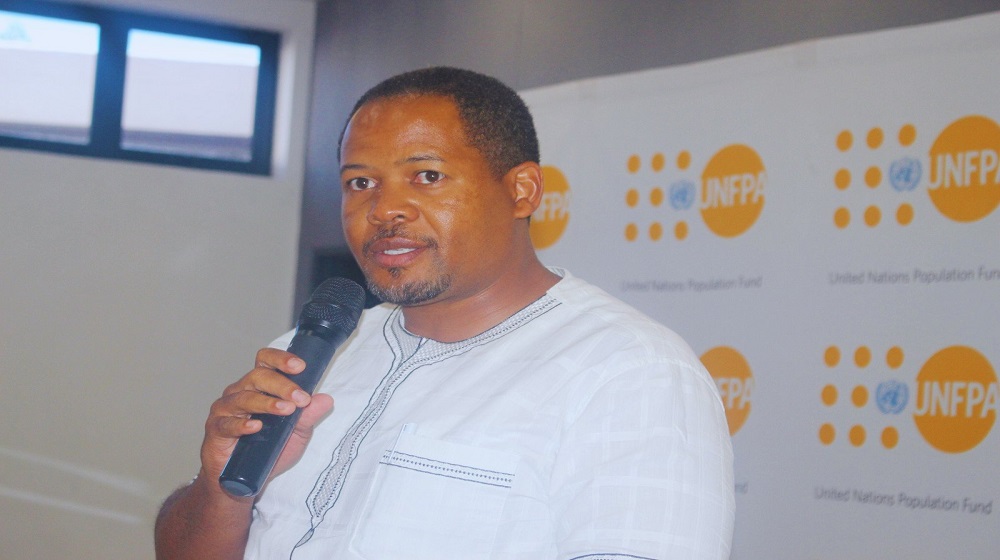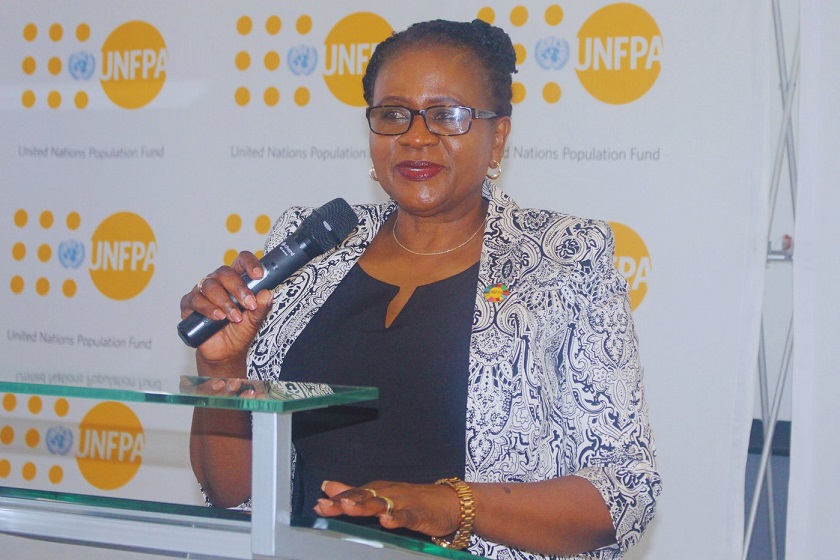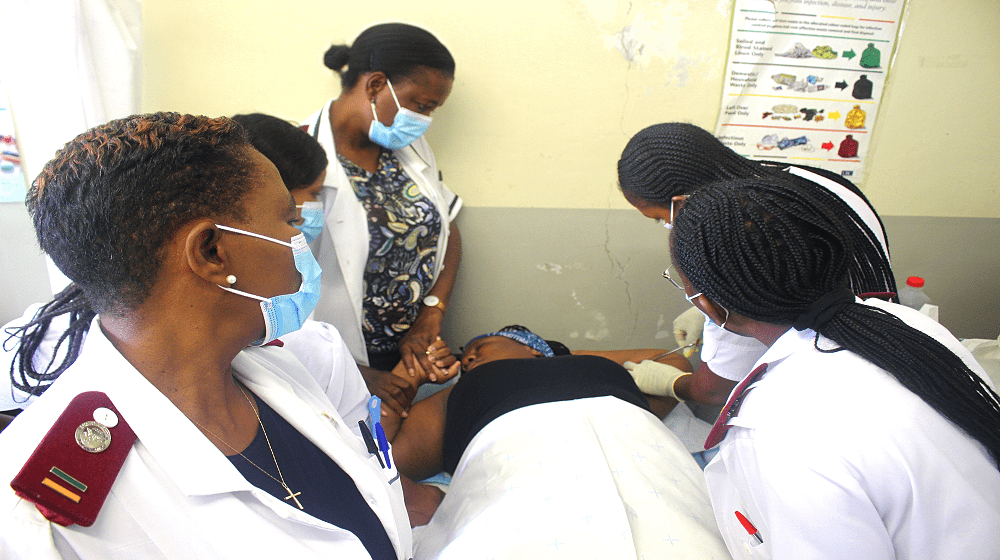
WINDHOEK, Namibia – Closing the gap of unmet needs for family planning is key if Namibia is to achieve the Sustainable Development Goals. To do so, women, adolescent girls, and young people must be able to access, afford, and have the freedom to choose the contraceptive method that is best for them. Whether planning for their family or simply protecting their reproductive health, access to contraception is critical to their ability to fulfill their aspirations and potential.
The unmet need for family planning services in 2013 was 12%, according to the 2013 Demographic and Health Surveys (DHS). Contraceptive use among young people aged 15–19 was relatively low at 24%, and for young women aged 25–29, contraceptive use was at 62%. Injectables were the most commonly used method (21 percent). Nineteen percent of adolescent girls aged 15–19 have begun childbearing.
As part of the efforts to expand contraceptive options, the Ministry of Health and Social Services, with support from the United Nations Population Fund (UNFPA) Namibia Country Office, collaborated with the Organon pharmaceutical company to train healthcare workers on long-acting reversible contraceptive methods from 13 to 17 February 2023, in Windhoek. Health workers' skills in communication and counseling were enhanced, including how to remove and insert implants and intrauterine contraceptive devices (IUCDs).
In his address to participants during the official opening ceremony of the workshop, Mr. Christopher Likando, Acting Director for Primary Health Care Services at the Ministry of Health, stated that family planning methods, including long-acting reversible contraceptives, have great potential for reducing unintended pregnancy as well as the maternal mortality rate.
To achieve zero unmet need for family planning, there is a greater need for the country to focus on accelerating actions to expand access to family planning methods, particularly LARC methods.

”LARC requires virtually no user adherence and can therefore contribute to the percentage of consistent contraceptive users,” he stated. “To achieve zero unmet need for family planning, there is a greater need for the country to focus on accelerating actions to expand access to family planning methods, particularly LARC methods, to all. Therefore, the Ministry of Health and Social Services, in partnership with UNFPA, continues to support the capacity building of health care workers on family planning, including this training,” he stated.
UNFPA Namibia Representative ad interim, Ms. Gift Malunga stressed that family planning is one of the smartest and most cost-effective investments Namibia can make. “Investing in family planning in Namibia will potentially reduce the number of unintended pregnancies, matrvicernal deaths, and unsafe abortions over the years.”
Women who have reproductive choices and access to health sees are more empowered to seek and keep better jobs, contribute more to their families, and increase national and global economic growth.
“Women who have reproductive choices and access to health services are more empowered to seek and keep better jobs, contribute more to their families, and increase national and global economic growth,” she stated.
As part of the practicals, 37 nurses were capacitated with clinical skills, which resulted in prompt 408 implants and 18 IUCD insertions, an indication of averted unintended pregnancies among women and girls.


